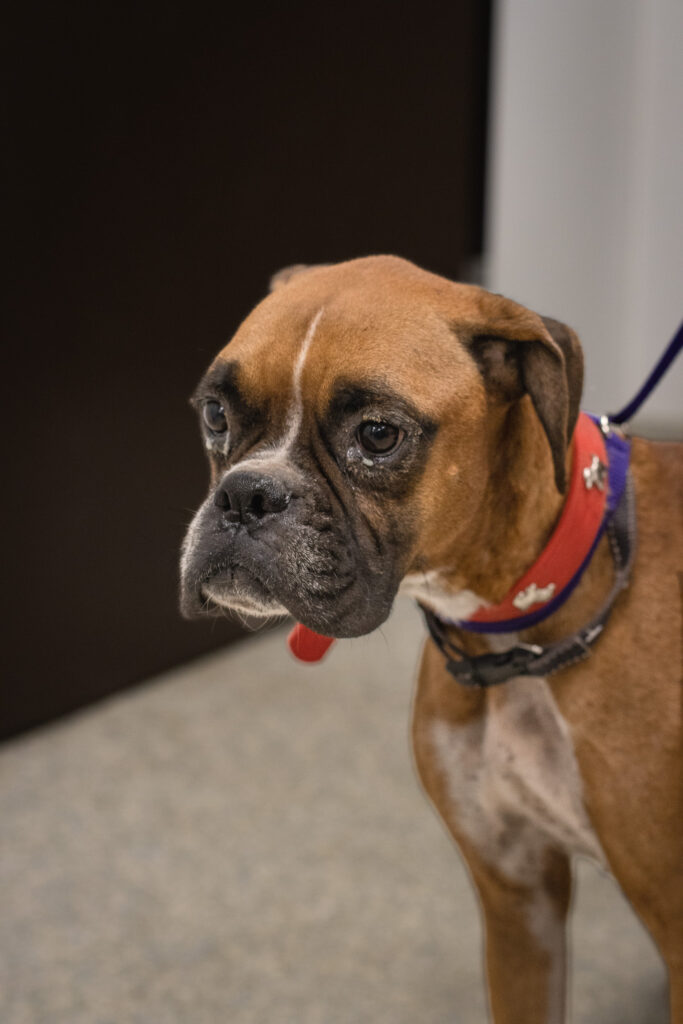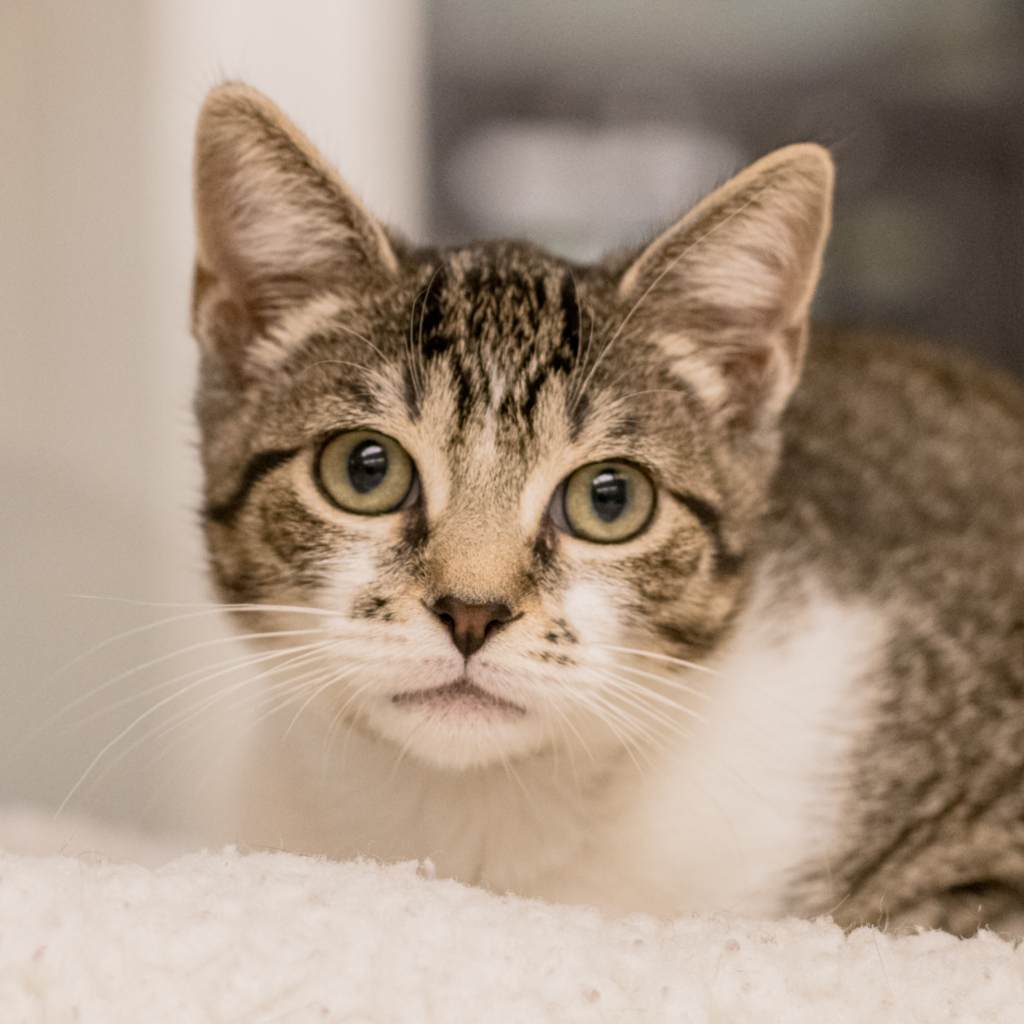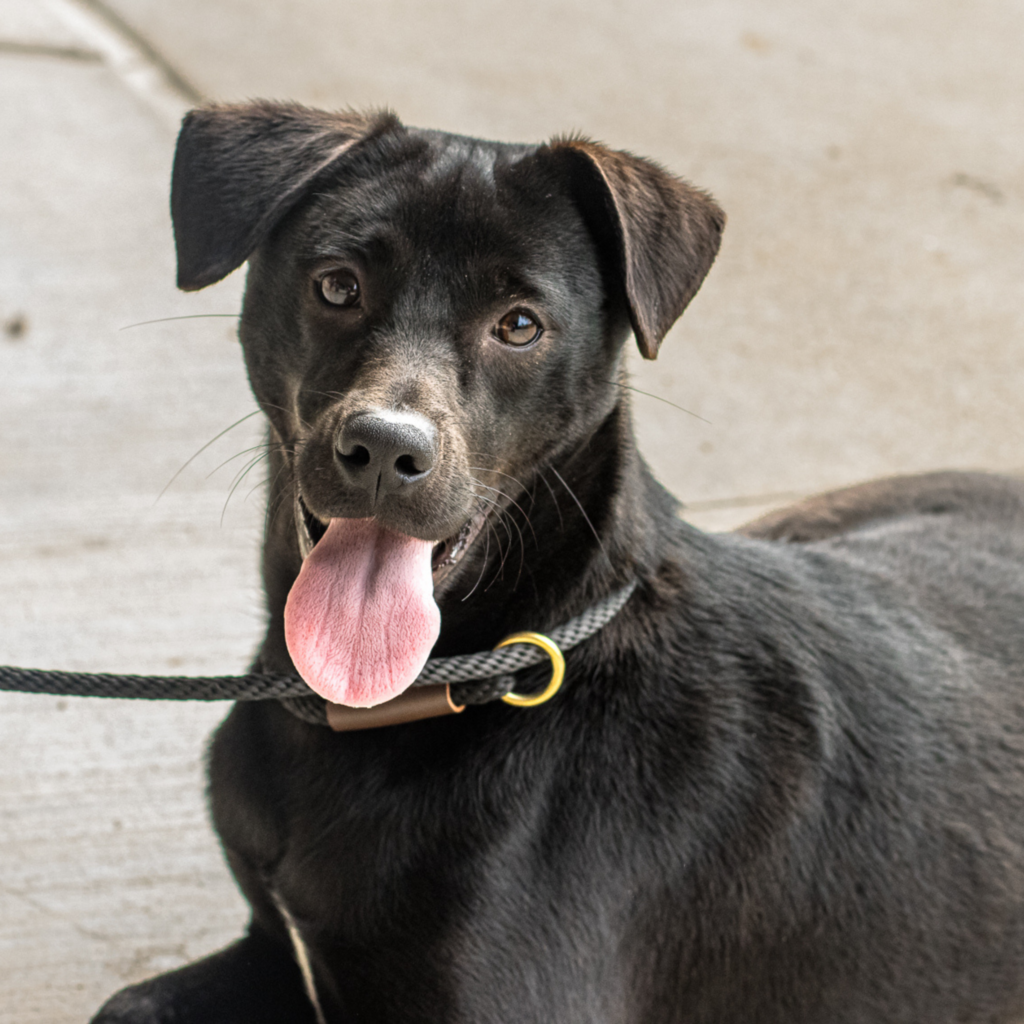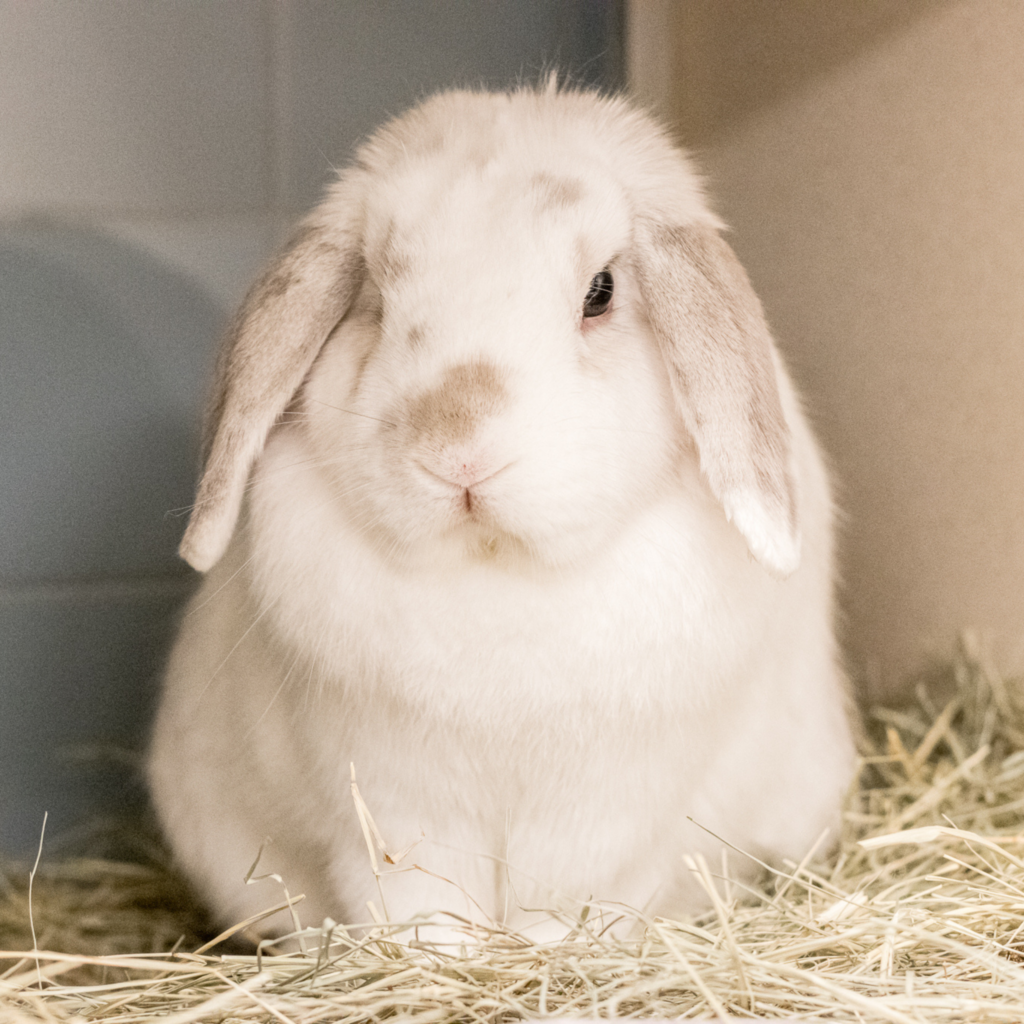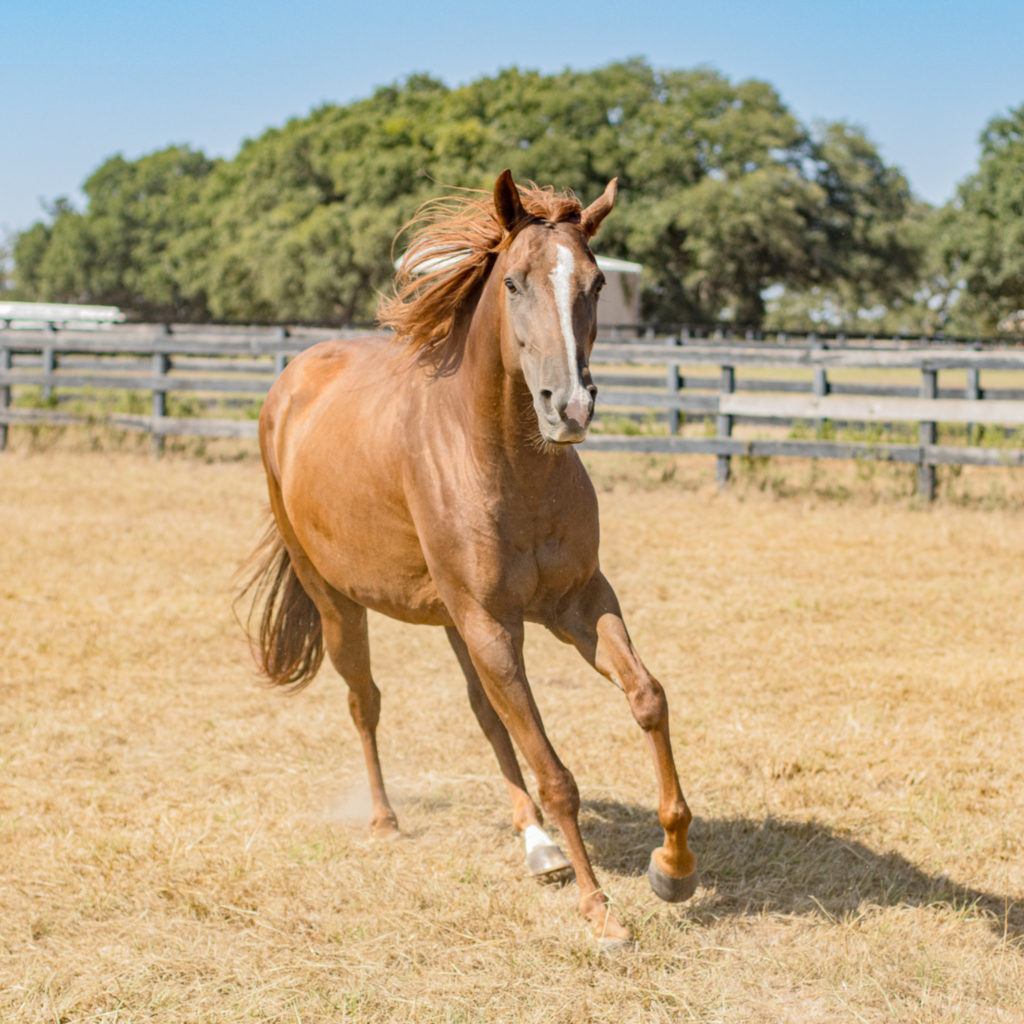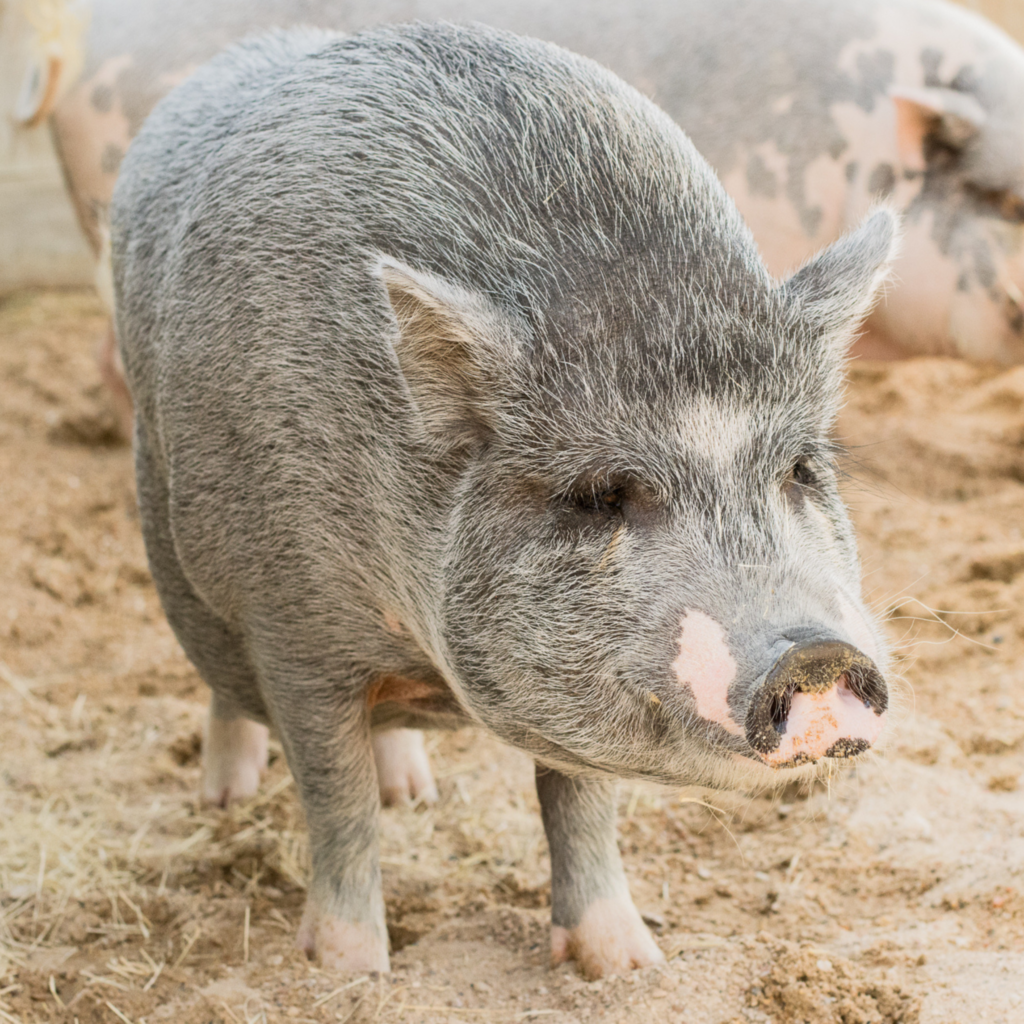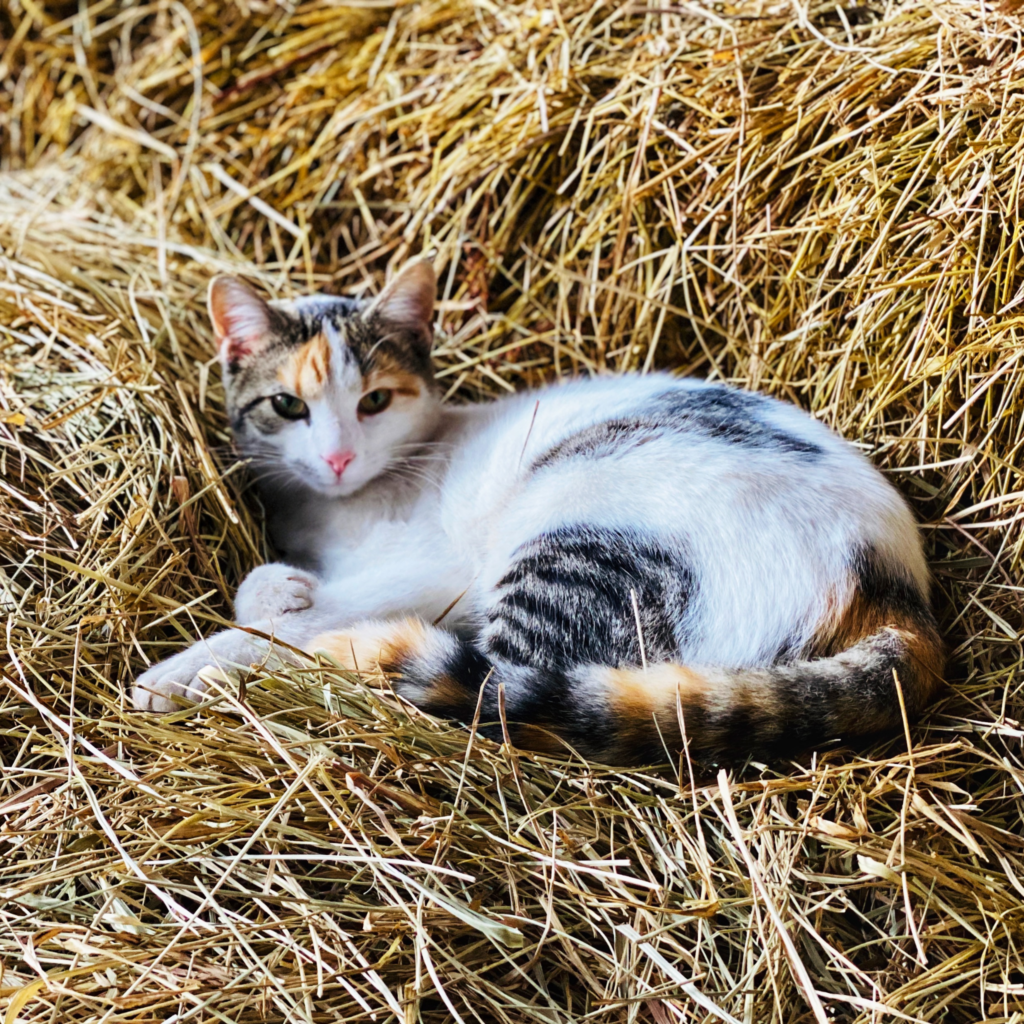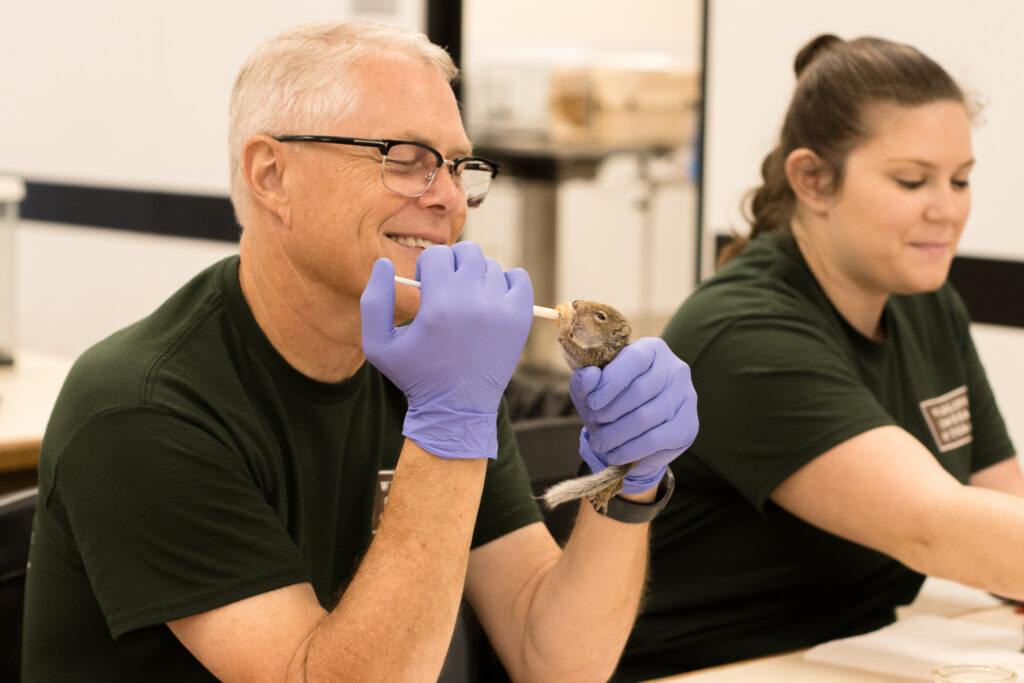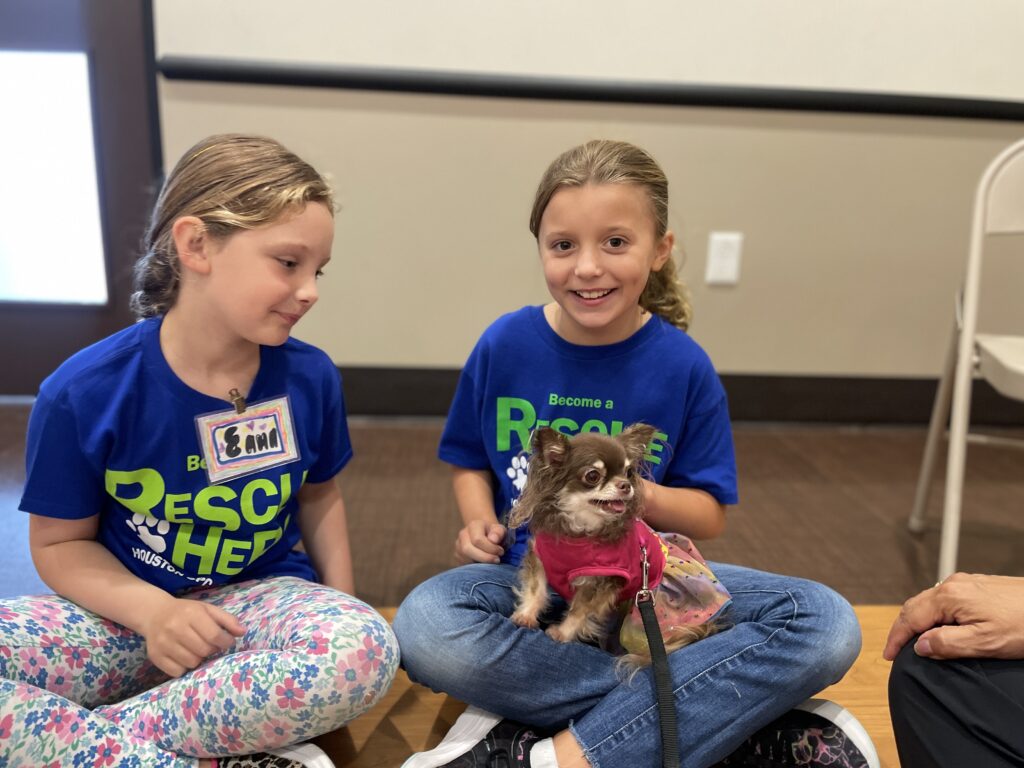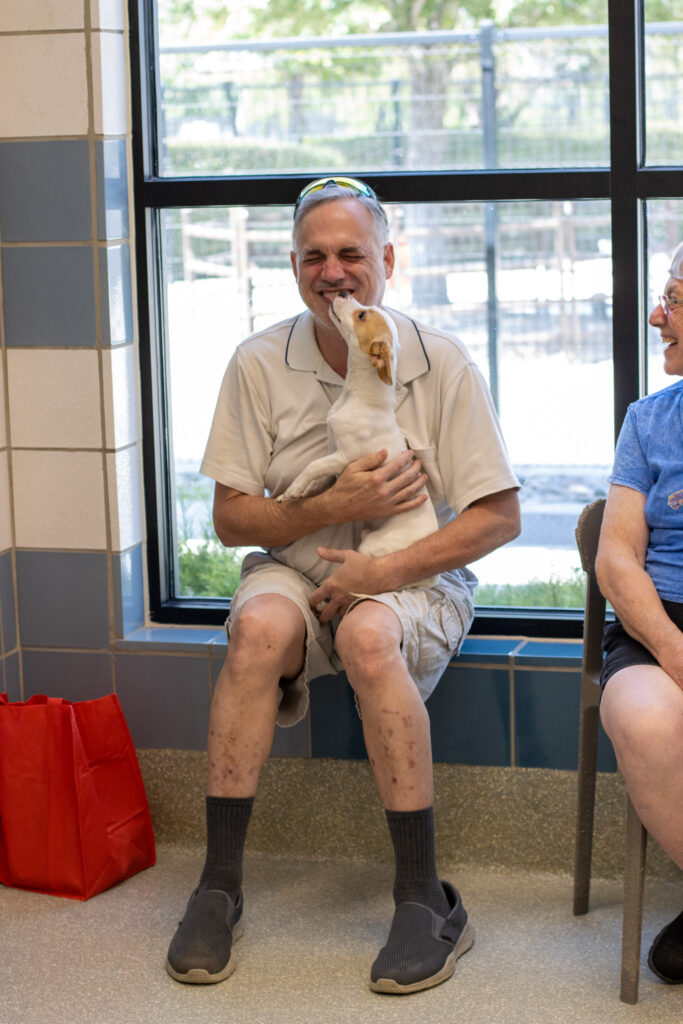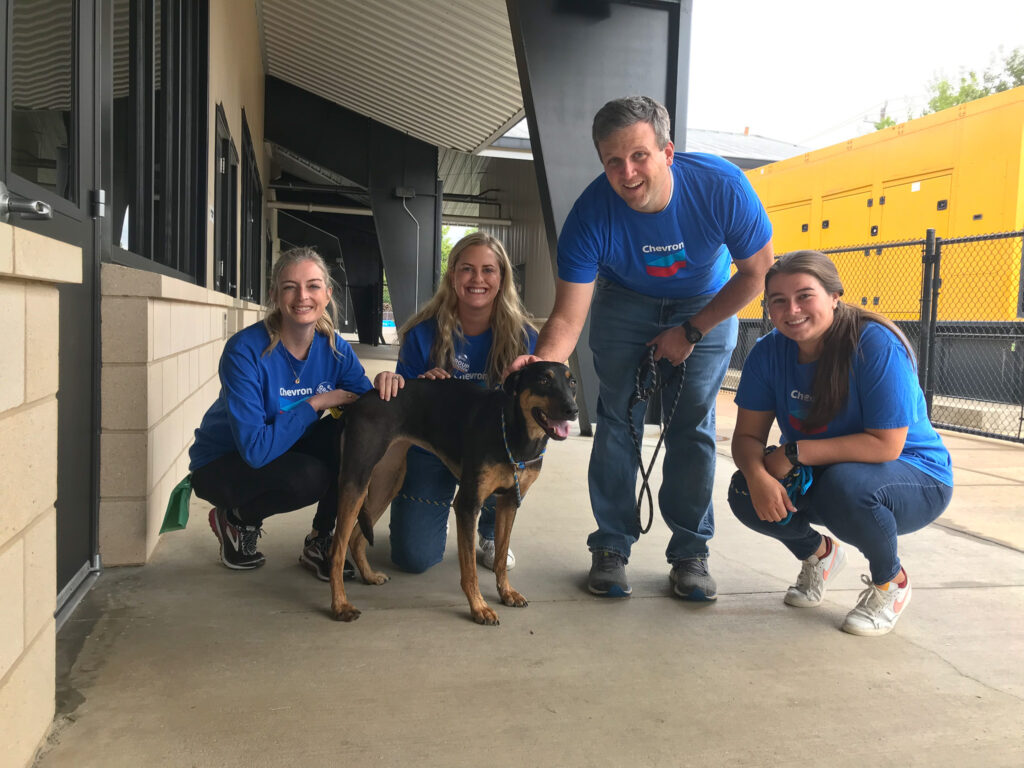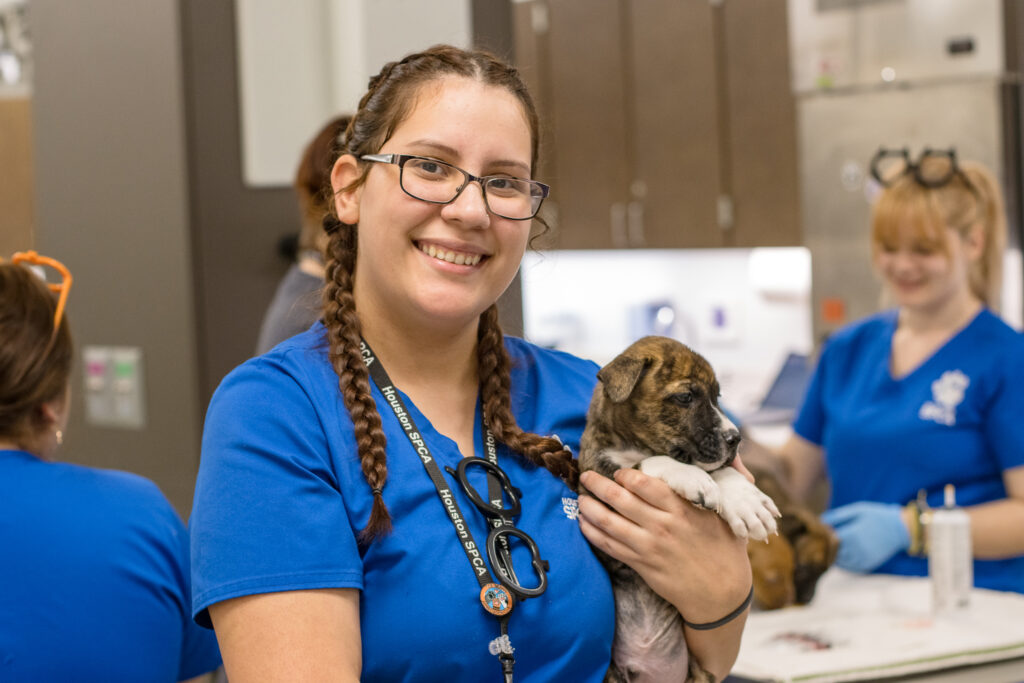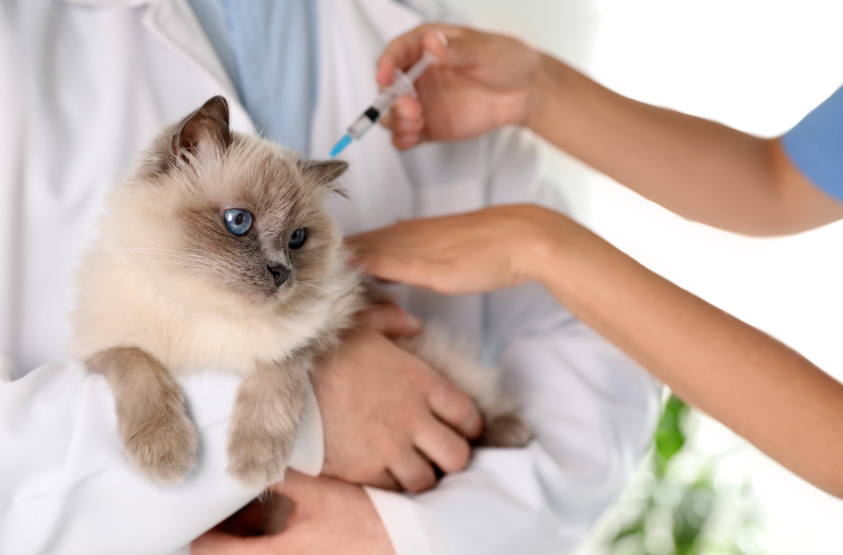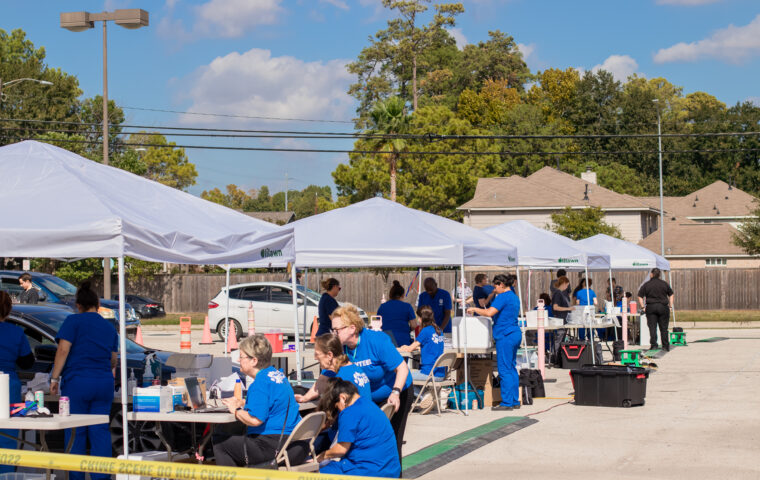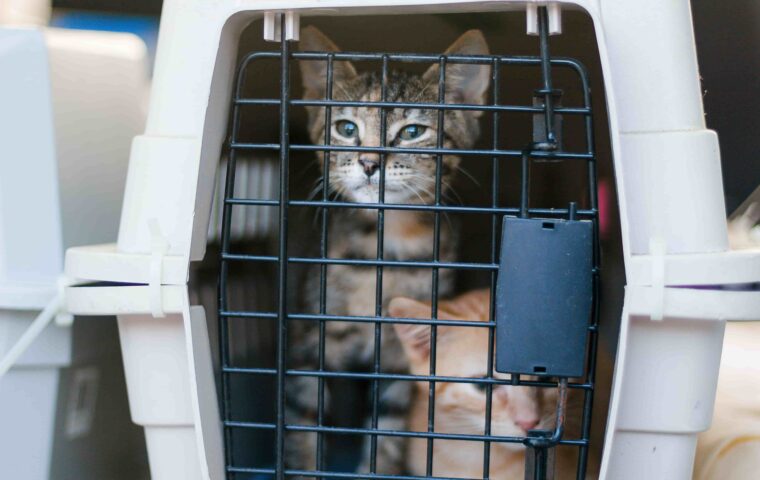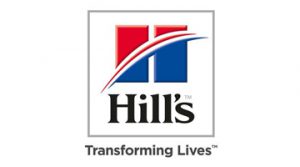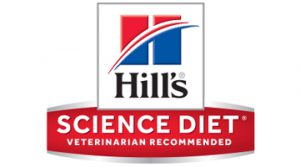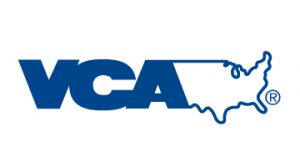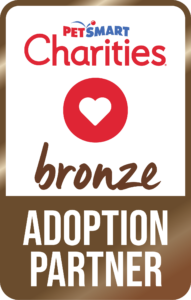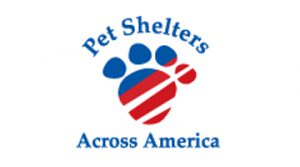(February 14, 2024)
As pet owners, we want nothing but the best for our animal companions. Ensuring their health and happiness is a top priority, and one crucial aspect of maintaining their well-being is staying up-to-date on vaccinations. Vaccinations not only protect our pets from serious diseases but also contribute to the overall health of our communities.
Vaccinations are essential for preventing a variety of diseases that can be harmful or even fatal to our pets. Just as with humans, vaccines stimulate the immune system to produce antibodies, providing immunity against specific diseases. By vaccinating our pets, we not only safeguard their health but also contribute to the concept of herd immunity, helping to protect vulnerable animals in our communities.
Puppy and Kitten Vaccinations
Puppies and kittens typically receive a series of vaccinations starting at around 6-8 weeks of age. These initial vaccinations, often referred to as “core vaccines,” protect against common and potentially deadly diseases such as canine distemper, parvovirus, and rabies in dogs, and feline panleukopenia, calicivirus, and herpesvirus in cats.
These vaccinations are administered in a series of shots given 3-4 weeks apart until the puppy or kitten reaches around 16 weeks of age. It’s crucial to follow this schedule to ensure proper immunity development.
Booster Vaccinations
After the initial series of vaccinations, booster shots are necessary to maintain immunity. Booster schedules vary depending on the vaccine and your pet’s lifestyle but are typically given annually or every three years.
Discuss with your veterinarian which vaccinations are necessary for your pet based on their age, health status, and risk factors.
Lifestyle and Risk-Based Vaccinations
In addition to core vaccines, your veterinarian may recommend additional vaccinations based on your pet’s lifestyle and risk factors. For example, dogs that spend time outdoors or in boarding facilities may benefit from vaccines against Bordetella (kennel cough) and leptospirosis, while cats with outdoor access may need protection against feline leukemia virus (FeLV).
At the Houston SPCA, we understand the importance of vaccinations in keeping your pet healthy and happy. That’s why last year, we opened the doors to our first-ever Pet Wellness Clinic, where your pet’s health is our top priority. Our dedicated team of veterinarians is here to provide quality care and guidance to ensure your pet receives the vaccinations they need at the appropriate times. We’re open Thursday through Sunday from 10:00 am to 5:30 pm.


Remember, vaccinations are a critical component of responsible pet ownership. By staying proactive and keeping your pet’s vaccinations up-to-date, you’re not only protecting their health but also contributing to the well-being of our entire community. If you have any questions or concerns about vaccinations for your pet, don’t hesitate to reach out to our team at the Houston SPCA.



